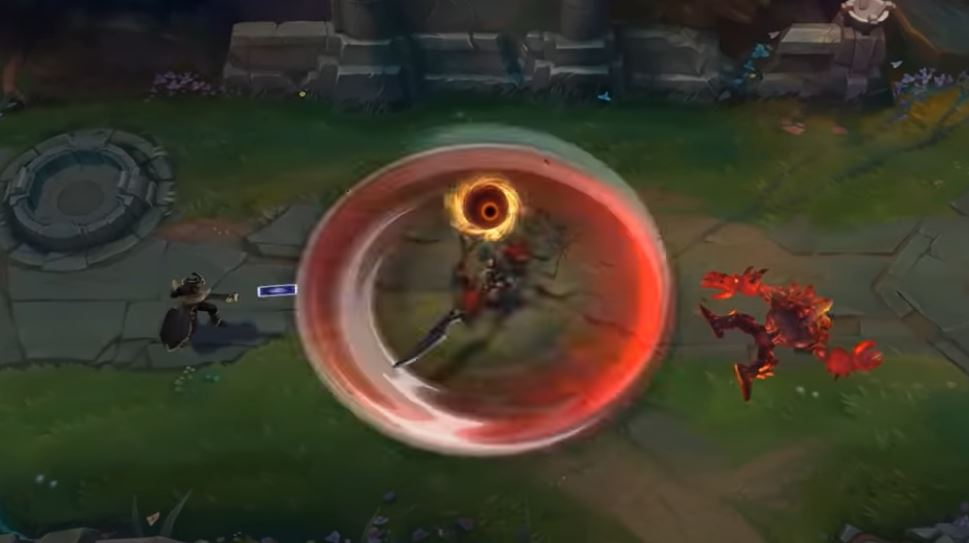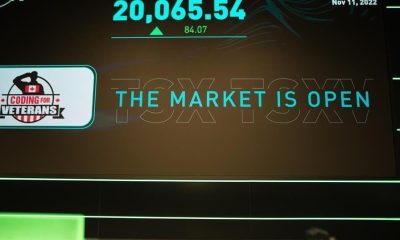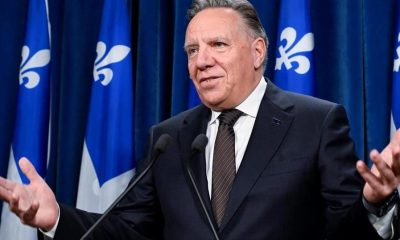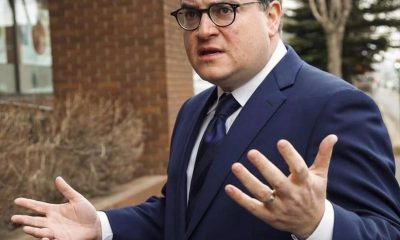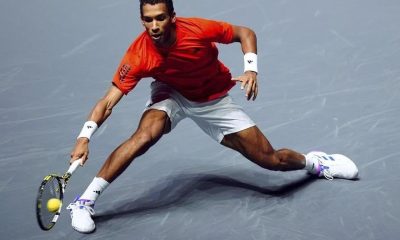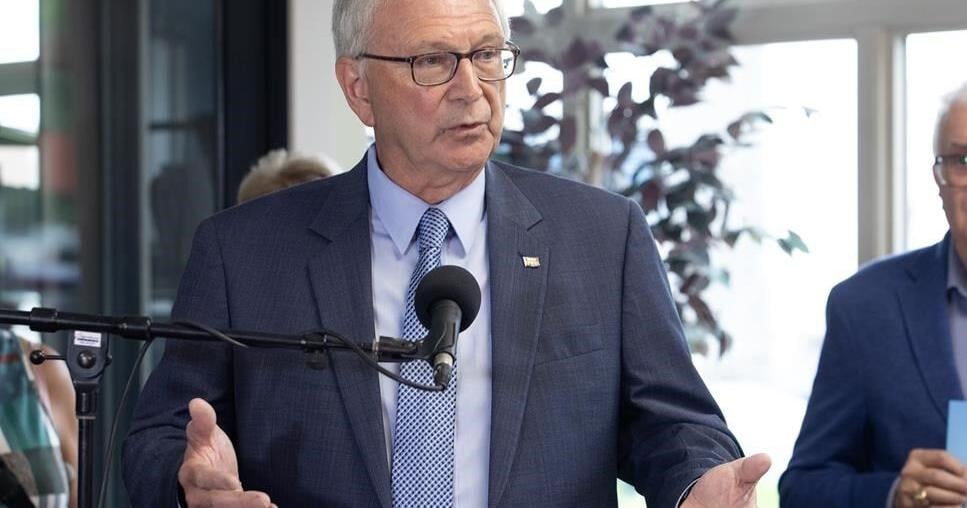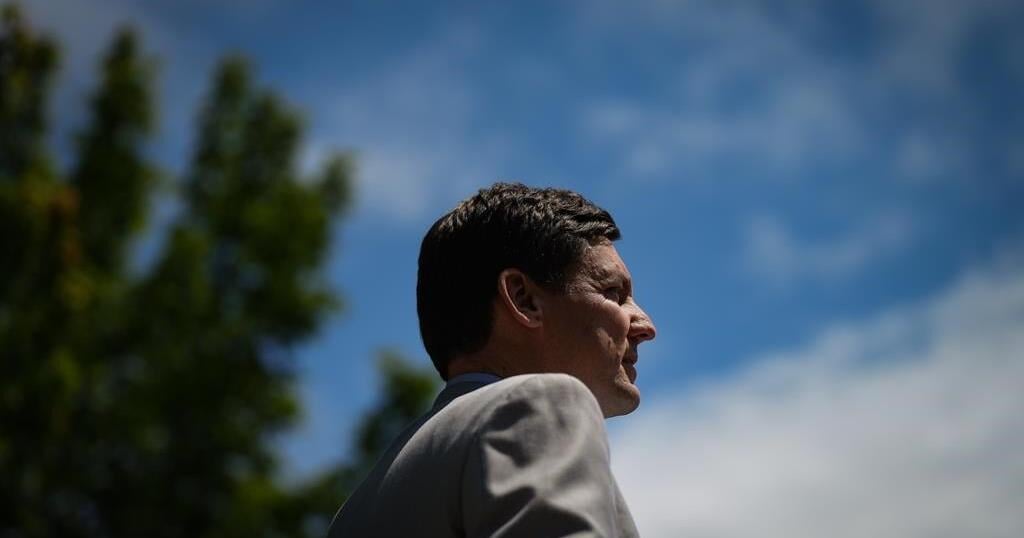Politics is such a ubiquitous term in the English language, such a seemingly fixed part of American life, that its existence is assumed and its definition rarely considered. Our concept of politics, descended from antiquity, is that society can peaceably settle its differences of opinion and interests. For politics to properly play its becalming role, citizens must agree on rules. Discussion, persuasion, and a willingness to accept temporary defeat are the political means by which a society adjudicates its inevitable conflicts. When a society discards politics, violence assumes its place. This threat is already evident in the deaths of two people protesting a police shooting in Kenosha, Wisconsin, and that of a member of a right-wing group in Portland. Another president would make a show of easing tensions, but Trump deliberately escalates them.
Since Donald Trump first announced his presidential bid in 2015, he has promised to dispense with politics. At first, this promise seemed banal in its familiarity—so it initially struck many voters and journalists as more benign than it should have. Generations of rich men running for office, after all, had promised to replace the values of politics with the ethos of business. Besides, the art of the deal is what every great parliamentary leader claims to practice.
Although he goes through the motions of pursuing an outright victory, much of his rhetoric is now focused on discrediting the political process itself. He disparages the rules that govern politics and the institutions that facilitate it. He seems to want his supporters to believe that their electoral participation will be rendered meaningless. Trump’s argument goes like this: Because their views will be censored by Facebook and Twitter, his followers won’t have access to the most important modern forums for persuasion and mobilization. (This argument played a starring role at the Republican convention.) On Election Day, their votes will be negated by fraud on a massive scale, in the form of mail-in voting. Because the probability of an unfair election is so high, the president declines to say that he will accept the outcome of the vote.
In the past, groups that have felt disenfranchised have turned to protest, a peaceful attempt to persuade well-meaning elites or beneficent institutions to expand democracy. But in the Trumpian worldview, those elites and institutions are conspiring against him. By delegitimizing the American political system, he has given his followers the impression that they have no choice but to assert themselves through nonpolitical means.
Throughout his presidency, he has offered his winking approval to supporters who have relied on menace and weaponry. He couldn’t bring himself to disavow the tiki-torch mob in Charlottesville, and he paid obeisance to the people in camouflage who invaded the Michigan statehouse to protest stay-at-home orders. At his recent convention, he allocated prime time to the armed couple from St. Louis. So when he tweeted his approval of the caravan that wended its way through Portland, armed with paintball guns and pepper spray, it was the logical culmination of his argument—and a likely prelude to the months to come.
Trump is hardly alone in his turn away from politics—which is part of what makes this moment so terrifyingly volatile. However marginal their numbers, anarchists seem intent on magnifying their presence by fomenting mayhem. Among a smattering of intellectuals on the left, looting is accepted as an appropriate form of political speech. But Trump is heir to a more establishment strain of anti-politics. Rather than accepting the rules of the game, his party has used parliamentary gimmickry to achieve its most important ends. It derailed the nomination of a Supreme Court justice in order to protect a conservative majority, and it has sought to maintain power through gerrymandering.
In 1962, the British political theorist Bernard Crick wrote an invigorating manifesto called In Defense of Politics. A social democrat who would later become George Orwell’s biographer, Crick waxed lyrical about the civilizing virtues of politics, which forced humans to transcend their most destructive impulses. American democracy is far from experiencing politics in such an ennobling form, but it’s very close to realizing the catastrophic consequences of its collapse. Donald Trump may believe that his denigration of politics is his best chance at staying in the public building whose grounds he festooned with his campaign logo during his acceptance speech last week. But if his supporters truly come to believe that the game is rigged, that persuasion is impossible, then his argument acquires a dark and inevitable logic. When politics ceases to function, when the rules governing its practice have been dismissed as a hoax, all that remains is the barrel of the gun.
We want to hear what you think about this article. Submit a letter to the editor or write to letters@theatlantic.com.

